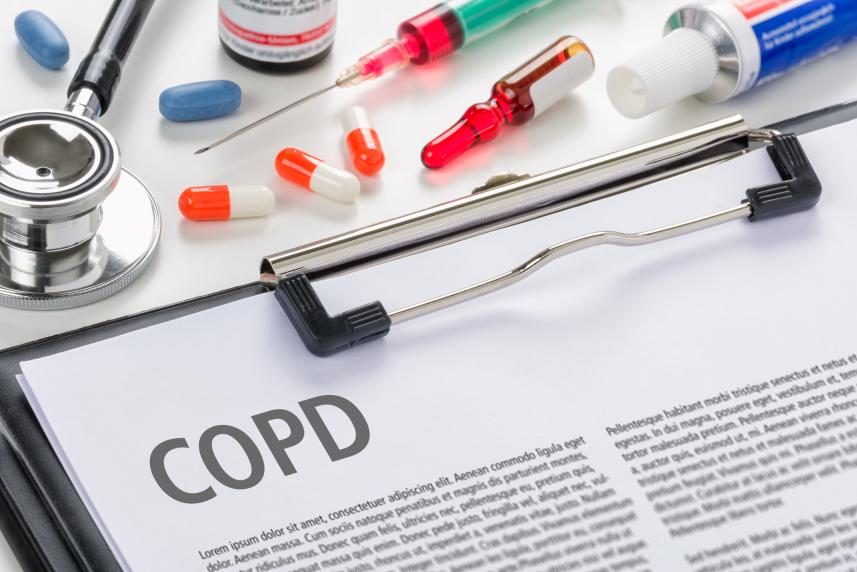What to know about your body and COPD
Here are five potential complications, and precautions to take.

Chronic obstructive pulmonary disease (COPD) can cause numerous complications. These can affect bone, heart, lungs, digestive, and emotional health. Here’s what you need to know to avoid comorbidities.
Bones
Osteoporosis is a condition in which bones become brittle because of changes in hormones or due to a lack of vitamin D and calcium. COPD increases a person’s risk of osteoporosis. Early prevention and treatment are important. Discuss ways to keep your bones strong with your doctor.
Heart
People who have COPD are at an increased risk of heart problems. Eat a diet filled with plant-based foods, and be sure to exercise, keep stress at bay, practice good oral hygiene, and quit smoking. Have regular checkups with your doctor to make sure your cholesterol levels and blood pressure are under control.
Lungs
Lung infections can cause COPD flare-ups. Get a flu shot each year for prevention. If you have a fever, increased shortness of breath, a productive cough, a change in mucus color or consistency, or chest pain that occurs when coughing or breathing deeply, see your doctor. These are symptoms of a possible infection.
Digestive
Research has found that at least 28 percent of people with COPD have gastroesophageal reflux disease (GERD), which can worsen COPD symptoms. Avoid spicy foods and overeating. Talk to your doctor about ways to prevent GERD.
Emotions
Having COPD can change your lifestyle and make you feel anxious, sad, and upset. It is estimated that about 40 percent of people with COPD suffer from severe depressive symptoms or clinical depression. Seek help if you experience depressive symptoms for two weeks or more.


